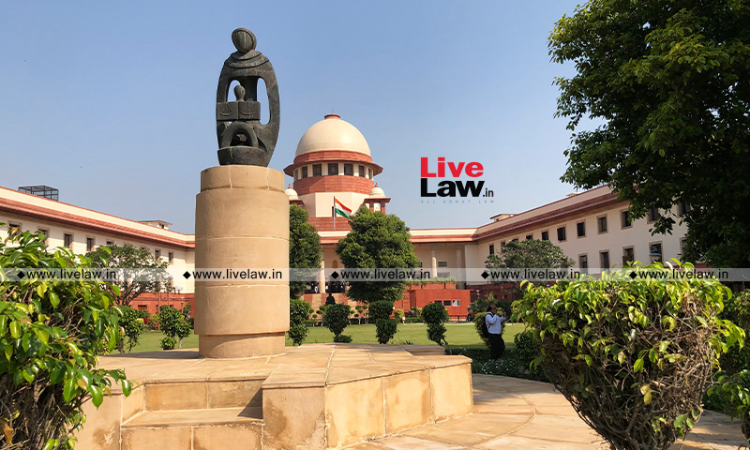Sub-Classification Amongst Backward Classes Permissible : Supreme Court In Vanniyar Quota Case
LIVELAW NEWS NETWORK
1 April 2022 8:49 AM IST

Next Story
1 April 2022 8:49 AM IST
The Supreme Court, in its judgment Vanniyar Quota Case, observed that sub-classification amongst backward classes is permissible."It is crystal clear from the Indra Sawhney judgment that backward classes can be sub-classified... No doubt can be entertained about the permissibility of sub-classification amongst backward classes", the bench comprising Justices L. Nageswara Rao and B R...
